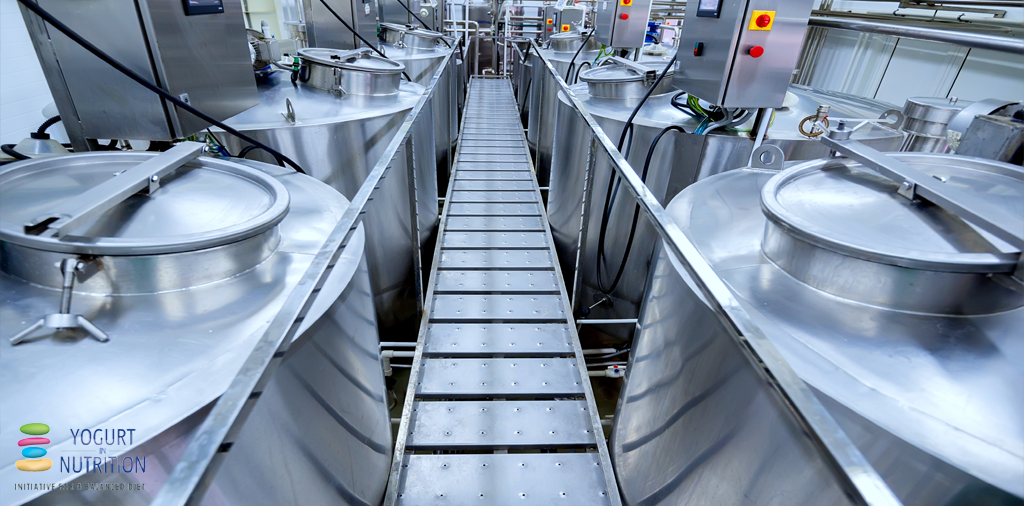Switching to a sustainable food system may require us to face challenging choices as a society and these may need vigorously defending against powerful lobbies, say the authors of this review.
In the meantime, experts around the world are becoming increasingly concerned about the lack of sustainability of our food system. But the experts disagree over how bad the crisis is and how best to go about fixing the problem. Even the concept of sustainability means different things to different people, with no clear consensus on which policy-makers can act, the review has revealed.
It’s not just about producing more food
Feeding the world isn’t just a case of producing more food, say the authors. Rather, we need to consider nutrition and diet quality, and environmental and economic impacts of producing and distributing food. The food system should also be set up to tackle malnutrition – eating too little, too much, or inadequate nutrients.
Hence the aim of a sustainable food system initiate is to make food available, affordable, accessible and acceptable to our varied populations.
Many proposals have been put forward to help solve the food system crisis. The authors reviewed over 70 documents on the food system, including academic articles, books, and government reports. They analysed the ‘stories’ around food systems described by the experts – what is the problem, what are the threats and the solutions, and where do the priorities lie?
In the light of their review, the authors propose a framework built around outcomes, activities and trade-offs in a bid to support our switch to a more sustainable food system.
Food and nutrition security are key
Their analysis showed wide agreement that the main objective of a food system is to deliver food and nutrition security – reliable access to enough nutritious food. Through this focus, the food system can also contribute towards improving people’s health.
The environmental and socioeconomic impacts of our food system need to align with population growth and the land’s capacity. Improvements here will depend partly on making farming a more attractive lifestyle for young people, and efficient use of resources, say the authors.
But further pressure will come from climate change , and our future food system must become resilient to a fall in productivity in several key crops around the world, as well as local droughts and floods, in turn leading to the risk of price rises and social unrest.
A healthy diet must also be culturally acceptable
As well as food security, we need to consider diet quality. Recent changes in food systems have led many of us to eat unhealthy diets, with more and more of us becoming overweight or obese and suffering the associated diseases. Improving diet is a high priority when it comes to plans for a sustainable food system, say the authors.
But the foods we eat must be acceptable within our culture, and food systems that are culturally acceptable aren’t necessarily the most healthy or environmentally friendly. So shifting from our current systems to more sustainable diets may face opposition, the authors warn.
‘Changing diets or food habits to achieve sustainability is more easily said than done, given that culture is not something that can be changed overnight.’ – Bene C et al, 2019.
A shift to a sustainable food system would also need to address the challenges posed by food production, processing, transport and retail, all of which place a strain on the environment through their use of fossil fuels and electricity. But some communities still don’t acknowledge this need, and solutions have yet to be found, say the authors.
‘… some powerful lobbies will have to be aggressively challenged.’ – Bene C et al, 2019.
An ideal solution may be out of our reach
Our shift to sustainability will inevitably demand trade-offs between food security, nutrition, health, income, environmental impact, and culture within our food system, the authors point out.
For example, setting up cold storage facilities for products may reduce the amount of food wasted but comes at the cost of a higher environmental impact – a cost that’s often not factored in during proposals for future food systems.
The chances are that we won’t be able to come up with a win-win situation in which a sustainable food system initiative benefits all these different dimensions. As a society, we’ll have some tough decisions to make about where the priorities lie.
The authors conclude that research should focus on helping us make these difficult decisions by giving us a better understanding of the trade-offs involved in food system sustainability.



